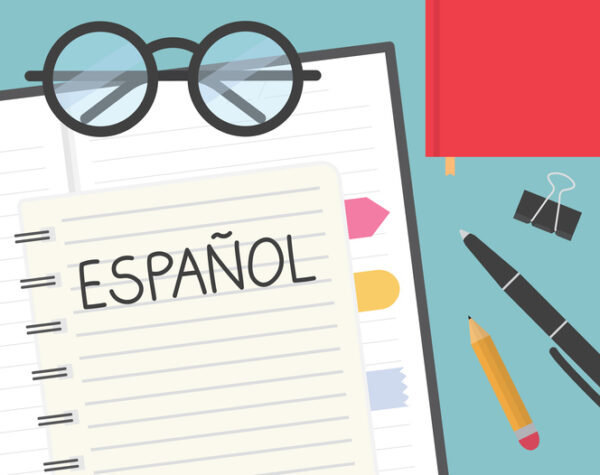
New York-based Galileo announced recently the launch of a bilingual healthcare platform to deliver round-the-clock primary and/or specialty care to Spanish speaking patients. The company bills itself as the first fully-bilingual healthcare platform targeted towards the 53 million Spanish-speaking residents living in America.
Users can connect 24/7 with a bilingual, bicultural health provider within minutes using text, video, or phone even without an appointment. The company touts that more than 50% of Galileo providers are non-white and can provide care encompassing urgent care, behavioral and primary care, as well as complex chronic specialty care.
The service is offered to both insured and uninsured alike. In addition to its virtual offerings, Galileo also provides in-home as well as community-based care.
Galileo calls itself the first mHealth end-to-end, full-stack Spanish offering in the United States, according to the news release.
Galileo can do an array of tasks, from ordering labs to making specialist referrals to writing prescriptions.

A Deep-dive Into Specialty Pharma
A specialty drug is a class of prescription medications used to treat complex, chronic or rare medical conditions. Although this classification was originally intended to define the treatment of rare, also termed “orphan” diseases, affecting fewer than 200,000 people in the US, more recently, specialty drugs have emerged as the cornerstone of treatment for chronic and complex diseases such as cancer, autoimmune conditions, diabetes, hepatitis C, and HIV/AIDS.
“By removing language and access barriers to quality, multi-specialty providers, Galileo is starting to close the gap and build toward a more equitable, reliable, and affordable health care system,” said Anthony Guglielmo, a virtual clinician at Galileo, in an email provided by a representative. “Access to equitable care in Spanish is critical to improve U.S. health outcomes and tackle health inequities.”
As a result of its array of offerings and accessibility in terms of hours and languages, Galileo claims to have both faster and more-accurate diagnosis and treatments, which can improve outcomes and lower costs of care. The company wants to improve patients’ experience by helping them to navigate the healthcare system while also streamlining their medical records in one place.
Historically language has proved a hurdle for receiving quality care. For example, a patient may struggle to explain her condition or symptoms properly to receive necessary care. Such an experience may also deter the patient from finding other doctors.
“Galileo is proud to be the first provider to offer a complete Spanish-language healthcare experience. The care is served by bilingual, bicultural clinicians, like me, delivering primary and multi-specialty care,” Guglielmo said. “In addition to our virtual care services, we offer bilingual, bicultural home and community-based care for those who need it.”
MVP Health Care, an insurance company for Medicaid members in New York, and United Healthcare, an insurance company, offer Galileo to their patients.
Photo: gesrey, Getty Images













